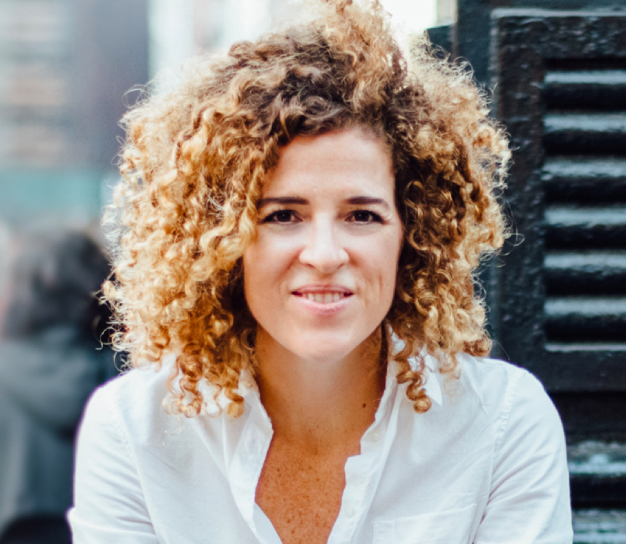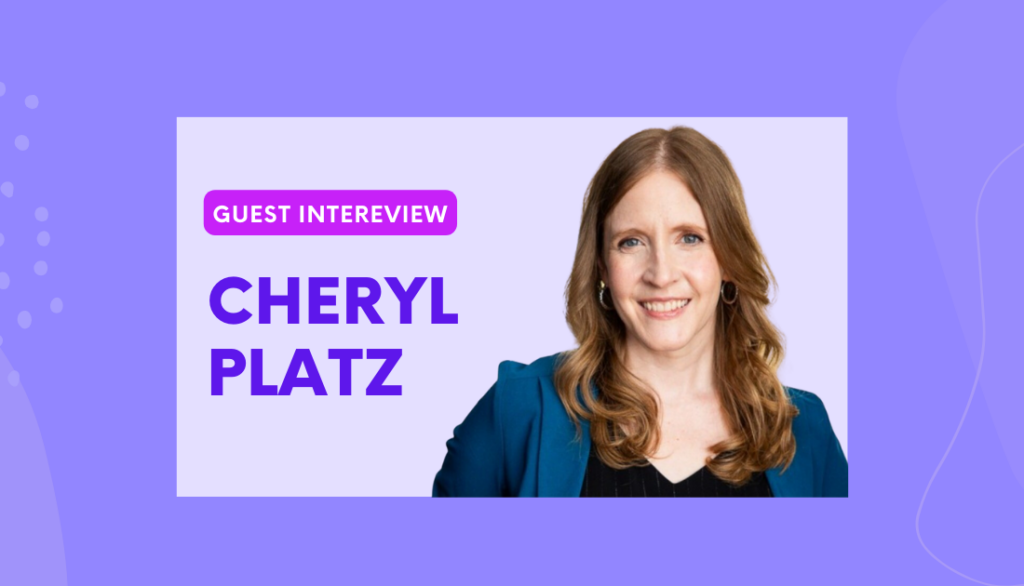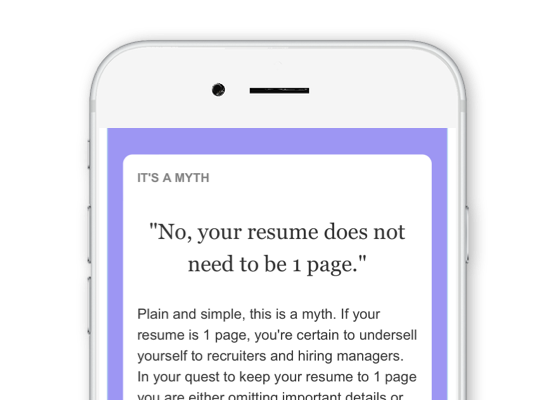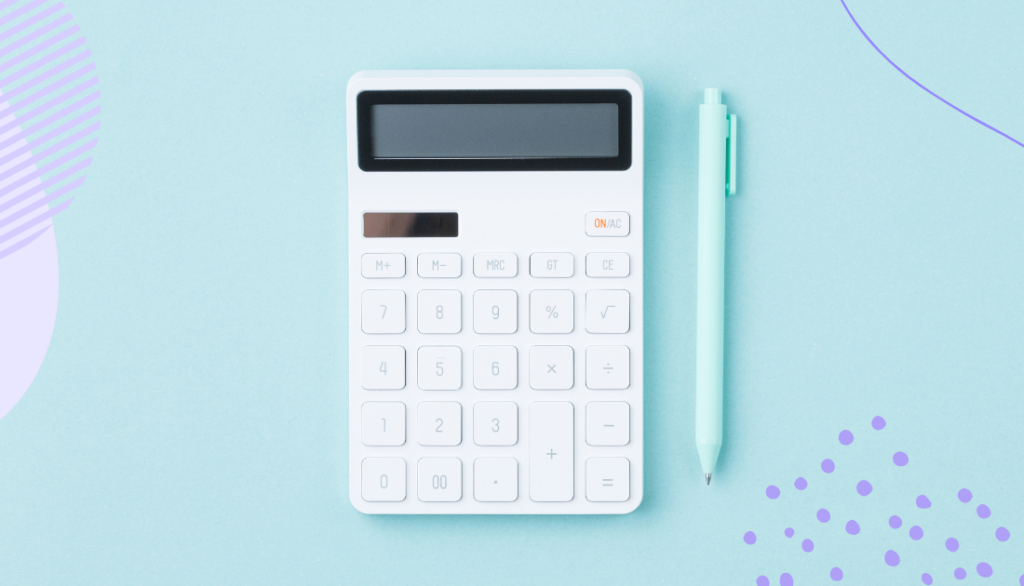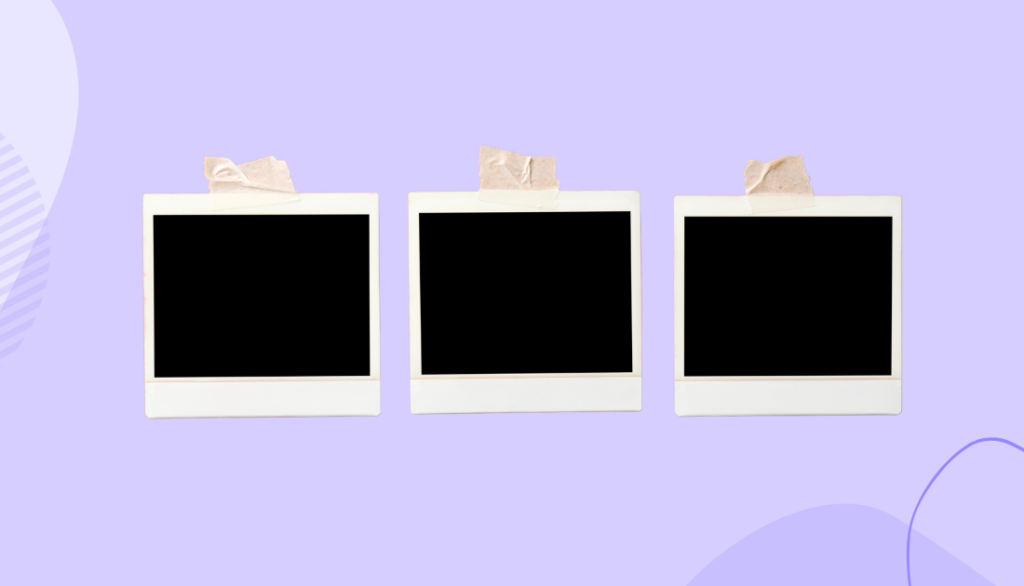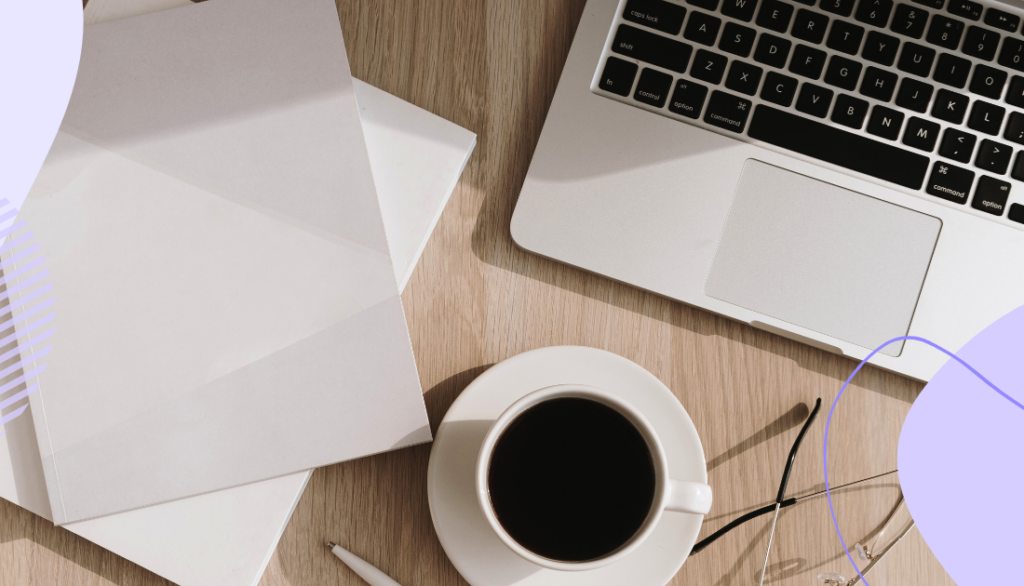Episode 67
How to follow up after a job interview so you can stand out
9 min listen
Episode 53
9 min listen
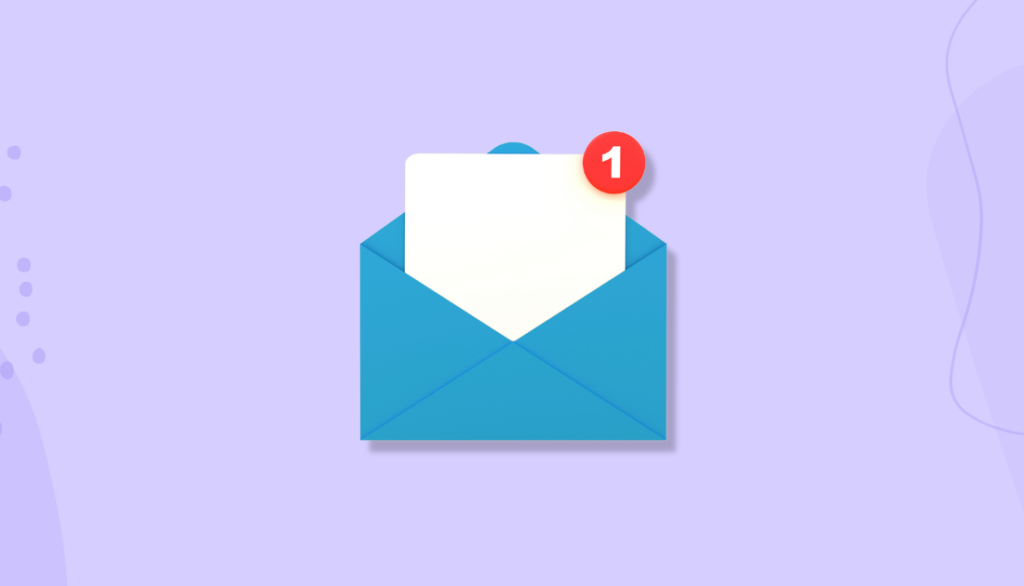
Listen to the Episode
Episode Summary
Looking to stand out in job interviews and extend your visibility after the meeting? In this episode, discover practical tips for making a lasting impression post-interview. Learn how to follow up after a job interview and write follow-up messages that are personal and specific, ensuring that you stand out among other candidates.
Find out why creative job interview follow-ups not only make you memorable but also prompt asynchronous interviews, elevating your chances of getting noticed. Understand the importance of jotting down key discussion points after each interview to create impactful follow-up messages.
Dive into a short, succinct episode that reveals actionable strategies for boosting your interview game, making you a standout professional in a competitive job market. Discover how small, thoughtful gestures can significantly impact your job search. Join us in unlocking the potential following up after a job interview to increase your visibility and stay top of mind for the people involved in hiring.
Create your dream career, and life
- Book a free Career Strategy Call to learn how we can help you
- Get our free Career Roadmap to help you navigate your career
- Check out Career Strategy Lab, our 3-month career coaching program
Discussion Questions About The Episode
- Can you reflect on a time when follow-up communication made a significant impact in your own job search or professional interactions?
- We discuss the strategy of sending specific and personal follow-up communications after interviews. How do you think this approach can help a candidate stand out from others in the hiring process, and how might it influence the perception of the candidate by the interviewer?
- Regarding visibility in the job search process extending beyond the interview stage, how can this concept of visibility be applied to other areas of career development or professional networking?
- Reflect on a time when you experienced a follow-up communication that was particularly effective in making a lasting impression. What made it memorable and how did it impact your perception of the sender?
- How might the strategy of being visible after an interview be adapted for other professional interactions, such as networking events or client meetings? Can you envision ways to apply this approach in your own career journey?
Episode Transcript
Sarah Doody [00:00:00]: Hey there. I’m Sarah Doody, host of the Career Strategy Podcast. Many professionals are seeking more impact, flexibility, growth, and let’s face it, getting paid what they’re worth. But how do you unlock this in your career? It starts with strategy. I’m taking you behind the scenes of what’s working for my career coaching clients. You’ll hear strategies news and actionable, yet sometimes against the grain, advice for how you can be the CEO of your career and stop in Mondays. Ready to level up your career? Let’s get after it. Hey.
Sarah Doody [00:00:38]: Hey. Welcome back to another episode of the Career Strategy Podcast. Cast, and today, we have an episode with a really practical tip if you are applying to jobs right now. Or if you know someone who is, Forward this episode to them right now so they do not miss out on this. So when you are applying for Jobs. A big part of the challenge is trying to stay visible. Right? And there’s multiple points in the job search when you have to think about being visible. The first part is even getting the interview to begin with.
Sarah Doody [00:01:18]: Right? So you’re trying to make the very best resume, the very best LinkedIn profile that’s going to capture enough of the person’s attention so they invite you to an interview so they can learn more about you. That’s kind of hurdle number 1, being visible enough from other candidates that you get an interview. Now we’re not gonna focus on that. We are gonna focus on how to be visible specifically after interviews. So let’s kind of play a scenario out. You get invited to an interview, It went really well, and then what happens? Well, the people interviewing you more than likely are gonna interview a bunch more people. Right? So the name of the game for you at that stage is to figure out how do you make yourself more visible after the interview so they remember you so that you stand out from the 5, 10, 12, 15, who knows How many other people that they may be talking to for that position? Now how do you specifically do that? You want to be following up after the interview. Now I know following up and sending thank you notes and things like that kind of, For some people, kind of feel like this is an old school thing to do, and I don’t think it’s old school.
Sarah Doody [00:02:43]: Now it’s probably old school to send, like, a handwritten thank you card in the physical mail. However, I think we need to reframe what we Think follow-up means for, you know, the job search today. So to be more visible, you need your follow-up to stand out, to not just be cliche or sound like a thank you note that Chat GPT wrote you or that you cut and paste every single job you had interviews for. Follow-up that’s gonna help you be visible is specific and personal. So you’re probably thinking, sounds like a lot of work. How am I gonna do that? Like, what does that exactly look like? In order to send follow-up that is specific and personal, you need to really be thinking about this actually in the interview. And in the interview, you need to be like an investigator or list who is listening and looking for topics that the person interviewing you kind of really is interested in or latches onto or any commonalities that the 2 of you may have. Maybe you both have an interest in a certain software or methodology, or you both, you know, went to the same college or from the same town or something like that.
Sarah Doody [00:04:14]: You wanna be looking for points of interest or overlap or commonality that you can then refer to in your follow-up to help them remember who you were. So let’s imagine you’re in the interview and you’re interviewing for a project manager job. Let’s imagine that. Now in the interview, let’s imagine you mentioned how in your previous role, you User the software Airtable to build out a bunch of project management stuff. And the interviewer says, oh, Airtable. I haven’t heard of Airtable. Tell me more about that. So you tell them about it, and then they’re really interested.
Sarah Doody [00:04:57]: And maybe in the interview, you say, you know What? I can send you, like, some of the best articles or videos I’ve, you know, read or listened to about Airtable. Even if you don’t say that after the interview. That would be a great thing to put in the follow-up. Right? Hey. You know, dear so and so, thank you so much for the interview. It was great Chat about the role at x y z company. By the way, in the interview, we chatted briefly about Airtable. Here’s a link to 2 articles and a video that have been really helpful in me learning aim Airtable.
Sarah Doody [00:05:29]: Hope this helps. That would be a brilliant follow-up to make you potentially be more memorable and stand out beyond other candidates, and that is how you can extend the life of the interview. And guess what? If you send an email like that, it is very likely the person will reply, and then what’s happening? It’s like you’re having an asynchronous interview now because you’re probably going back and forth and they’re maybe thanking you or asking you questions and things like that, and now you’re having a conversation. It’s just that it’s over email and it’s not happening, you know, in a literal synchronous Interview. So that is one thing that you can do that honestly is not very time consuming. It might take you 5 minutes to write something like that after an interview, but you can only do that if you’re thinking ahead and knowing that After the interview, you’re gonna do that. So you’re listening for these things to do and talk about and reference when you send that follow-up. And another little tip I’ll give you is that after every interview, Take just 2, 3 minutes to jot down topics that you talked about that you could use when you send that follow-up.
Sarah Doody [00:06:52]: So If you’re interviewing and you’re not getting, job offers or next time you’re in a job search, this is a great tip to be able to Extend the life of the job interview and, like we said at the beginning, try and increase your visibility amongst the other candidates. Alright. I hope this was helpful. We’re gonna leave it at that because we like to keep these episodes short and to the point because We know you don’t have 45 minutes to listen to tips about your interviews or something, so that’s all for today. Let me know if this This is helpful. Feel free to send me a DM on LinkedIn or Instagram or elsewhere, and let me know what resonated with you about this episode, if you wanna hear more on these topics, and it would mean so much if you could just hit pause right now, take 10, 15 seconds to give us a star rating on whatever podcast player you listen to podcast on. This would help Other people see our podcast because the star ratings, guess what, help us be more visible to potential listeners. Right? So visibility isn’t just about your job search.
Sarah Doody [00:08:03]: It also applies to the world of podcasts. Alright. I hope you have a great rest of your week. And I will see you very soon next week. Talk to you later. Thanks for listening to the Career Strategy Podcast. Make sure to follow me, Sarah Doody, on Twitter, Instagram, YouTube, or LinkedIn. If anything in today’s episode resonated with you, I’d love to hear about it.
Sarah Doody [00:08:27]: Tag me on social media or send me a DM. And lastly, if you found this episode helpful, I’d really appreciated. If you did share it with a friend or give us a quick rating on Spotify or review on Apple Podcasts.
